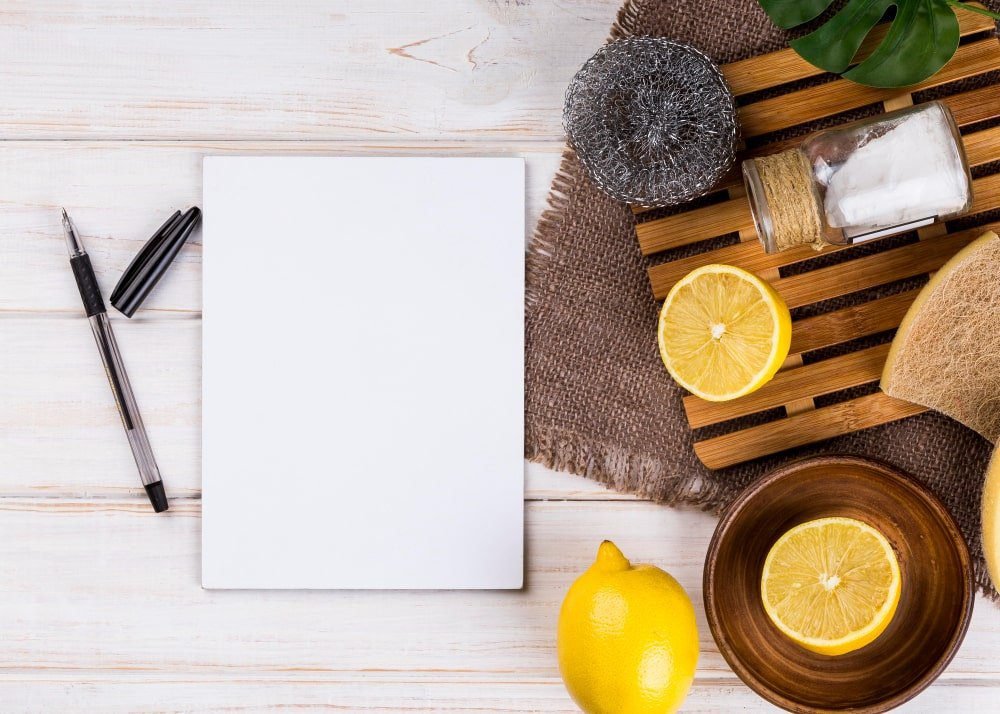Mediators are trained to remain calm, neutral, and composed—yet few talk openly about the toll this work can take. Emotional exhaustion, decision fatigue, and stress from high-conflict cases are common. That’s why mediator self-care is more than a luxury—it’s essential for sustainable practice and professional integrity.
Whether you’re handling corporate disputes, family breakdowns, or complex cross-border cases, this article offers strategies to maintain your mental clarity, energy, and impartiality in the face of intense mediation demands.
Why Mediator Self-Care Matters
Mediators absorb the emotional energy of others. Over time, this can:
- Cloud judgment and reduce neutrality
- Lead to fatigue or irritability
- Affect your ability to empathize or actively listen
- Result in mental burnout or withdrawal from the profession
A consistent mediator self-care routine protects not just your health, but the integrity of your sessions and the satisfaction of your clients.
Common Stressors in the Mediator’s Role
Emotional Absorption
You often deal with grief, betrayal, financial panic, or deep anger—without reacting. This emotional load builds invisibly.
High-Volume Caseloads
Multiple sessions per day or week limit your ability to recover between emotionally charged situations.
Isolation
Independent mediators often lack built-in peer support. Without debriefing, it’s easy to internalize stress or feel isolated.
Client Misconduct
When parties act aggressively, are dishonest, or refuse to engage, it can shake your confidence and increase tension.
7 Powerful Mediator Self-Care Strategies
1. Practice Reflective Journaling
After each mediation, write down what went well, what challenged you, and how you felt. This releases emotional residue and identifies patterns over time.
2. Use Transition Rituals
Develop pre- and post-mediation routines. It could be a short walk, breathing exercise, or even a music playlist. These rituals help shift your mindset in and out of conflict space.
3. Limit Case Stacking
Avoid booking emotionally heavy or complex mediations back-to-back. Give yourself processing time between sessions.
4. Create a Peer Debrief Circle
Form a confidential peer group of fellow mediators. Regular debriefs reduce isolation and provide perspective.
5. Practice Mindfulness or Breathwork
Even 5 minutes of daily mindfulness boosts mental resilience. Grounding exercises before sessions can help you remain calm and focused.
6. Take Scheduled Recovery Time
Block off wellness days—even if business is booming. Preventative rest helps avoid long-term burnout and emotional fatigue.
7. Seek Professional Support When Needed
Don’t hesitate to consult a therapist or coach familiar with the emotional demands of neutral roles. It’s a sign of strength, not failure.
FAQs About Mediator Self-Care
Q: Isn’t self-care selfish when clients need support?
A: Not at all. You can’t serve others from an empty cup. Well-cared-for mediators make better decisions and provide more empathetic guidance.
Q: What if I feel disengaged during mediations?
A: That’s a red flag. It may signal burnout. Reflect on your emotional state, adjust your workload, and seek peer or professional support.
Q: Can I include wellness terms in contracts?
A: Yes. For example, you can set time limits for mediation hours or require recovery breaks in multi-day sessions.
SRG LLP’s Commitment to Mediator Wellness
At SRG LLP, we believe excellence in mediation begins with mediator wellness. That’s why we:
- Limit daily case loads for our team
- Provide optional mental health resources and coaching
- Encourage wellness days and flexible scheduling
- Promote training in emotional intelligence and resilience
Whether our team is resolving employment disputes, estate matters, or negotiation strategies, we know that mediator wellness is mission-critical.
Conclusion: Take Care to Take Charge
Mediator self-care isn’t just about spa days or time off—it’s about protecting your ability to lead, listen, and support others at your best. With emotional demands only rising, mediators must be just as intentional about recovery as they are about preparation.
If you’re a mediator or dispute resolution professional looking to build a sustainable and resilient practice, contact SRG LLP to learn how we support our team and partners with cutting-edge wellness strategies.
External Sources on Mediator Self-Care : Mediation and Mediator Self-Care: A Nonviolent Communication Approach

